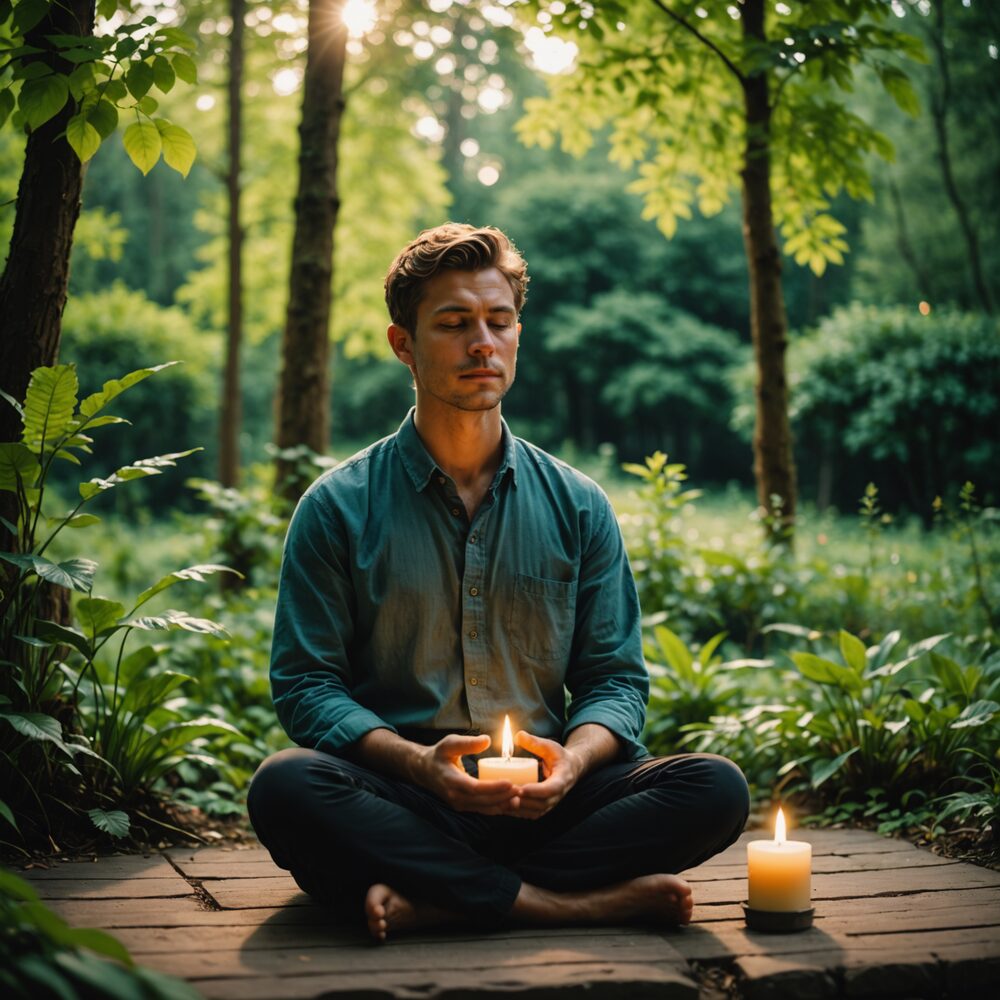Given the choice between being the oppressed or the oppressor, many would choose to be oppressed, it’s clear-cut. Life seems to offer this binary decision—you’re either living for the here and now, or you prioritize the hereafter. Choosing oppression isn’t about longing for suffering. Instead, it’s seen as the lesser of two evils. In the immediate moment, being an oppressor might seem easier since the price isn’t paid until later. This worldview affects your perspective on divine design and how you start your day.
From an Abrahamic philosophy viewpoint—encompassing religions like Christianity and Islam—living for the hereafter is emphasized. The Abrahamic philosophy suggests that life isn’t solely about chasing immediate pleasures; there’s something more. This idea isn’t exclusive to these faiths. Eastern philosophies like Buddhism suggest a life of perpetual suffering, one that doesn’t end with death. According to Buddhism, suffering is an endless cycle, only escapable through living a righteous life and following the Eightfold Path. The ultimate goal is reaching a state of nothingness, seen as the greatest victory akin to heaven in Abrahamic terms.
Despite differing pathways, both philosophies hint at a larger, divine design—one that suggests the best way to start your day is by focusing on the long-term, the eternal, rather than fleeting pleasures. This philosophical choice reflects broader questions about what we value and how we decide to live our lives.
- Choose oppression over oppressing to align with the values of a hereafter.
- Abrahamic philosophy suggests living beyond immediate pleasures.
- Both Western and Eastern philosophies share views on suffering and divine design, urging a focus on the eternal.
Divine Providence | Inevitabilities By Design
Embracing Sufi Philosophy: The Art of Letting Go and Being Present





